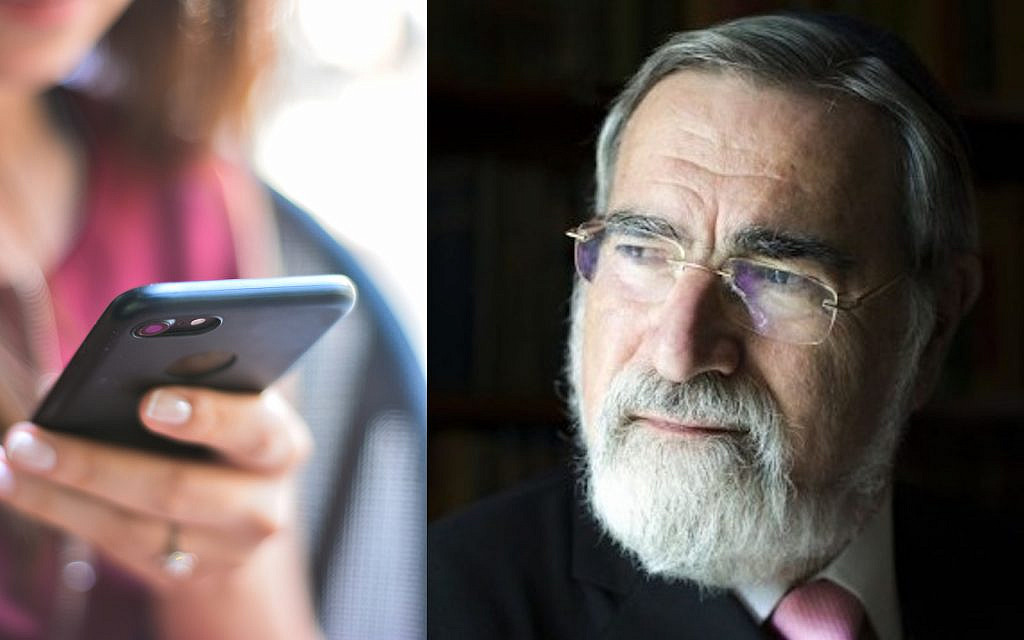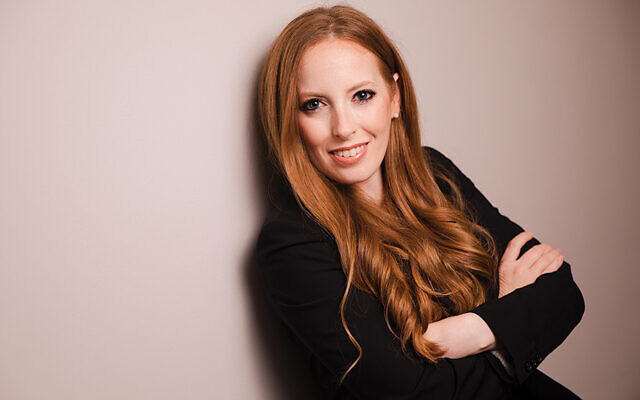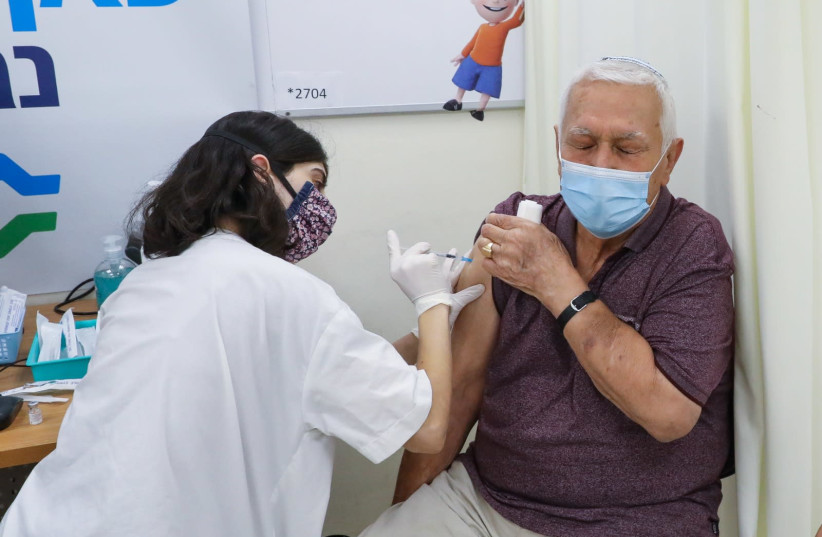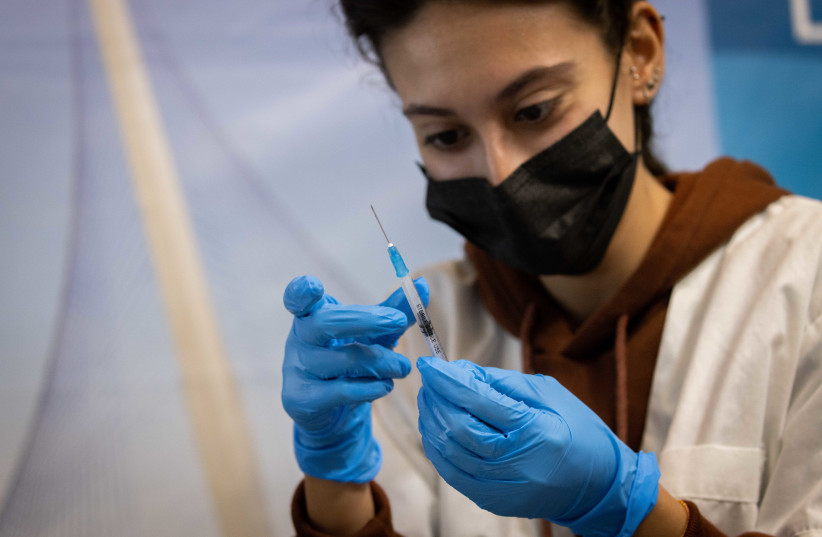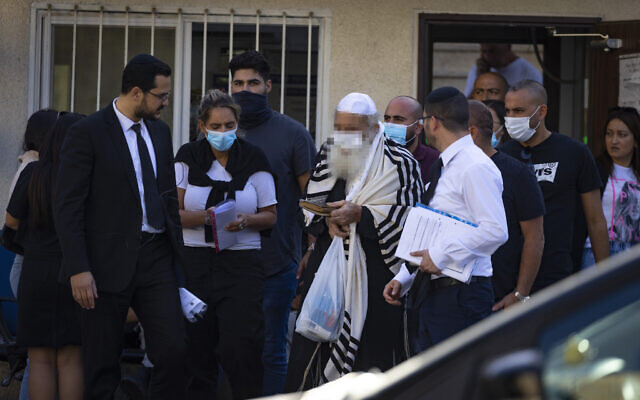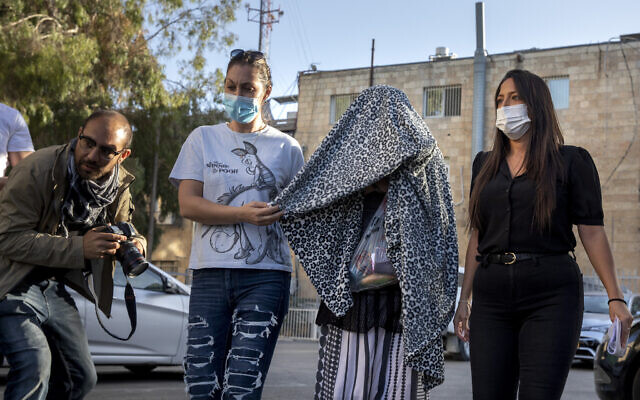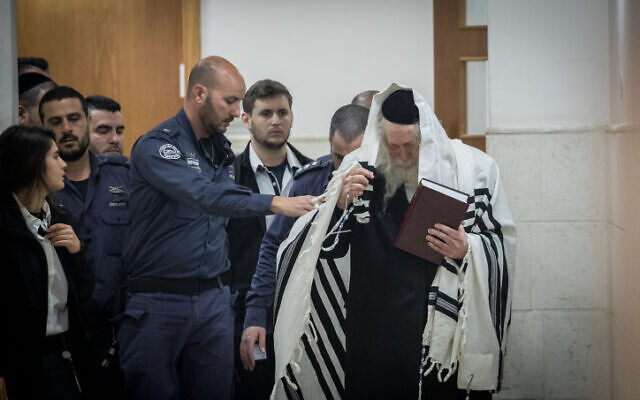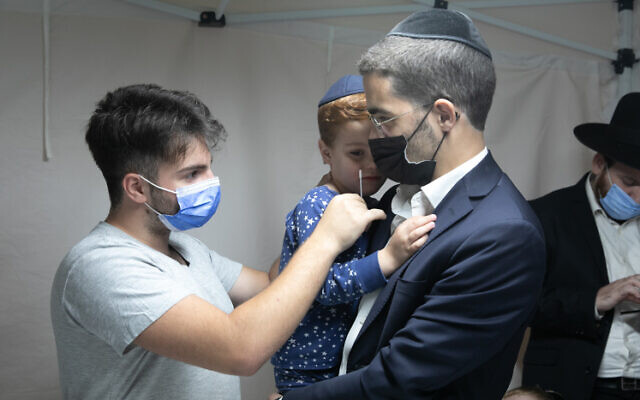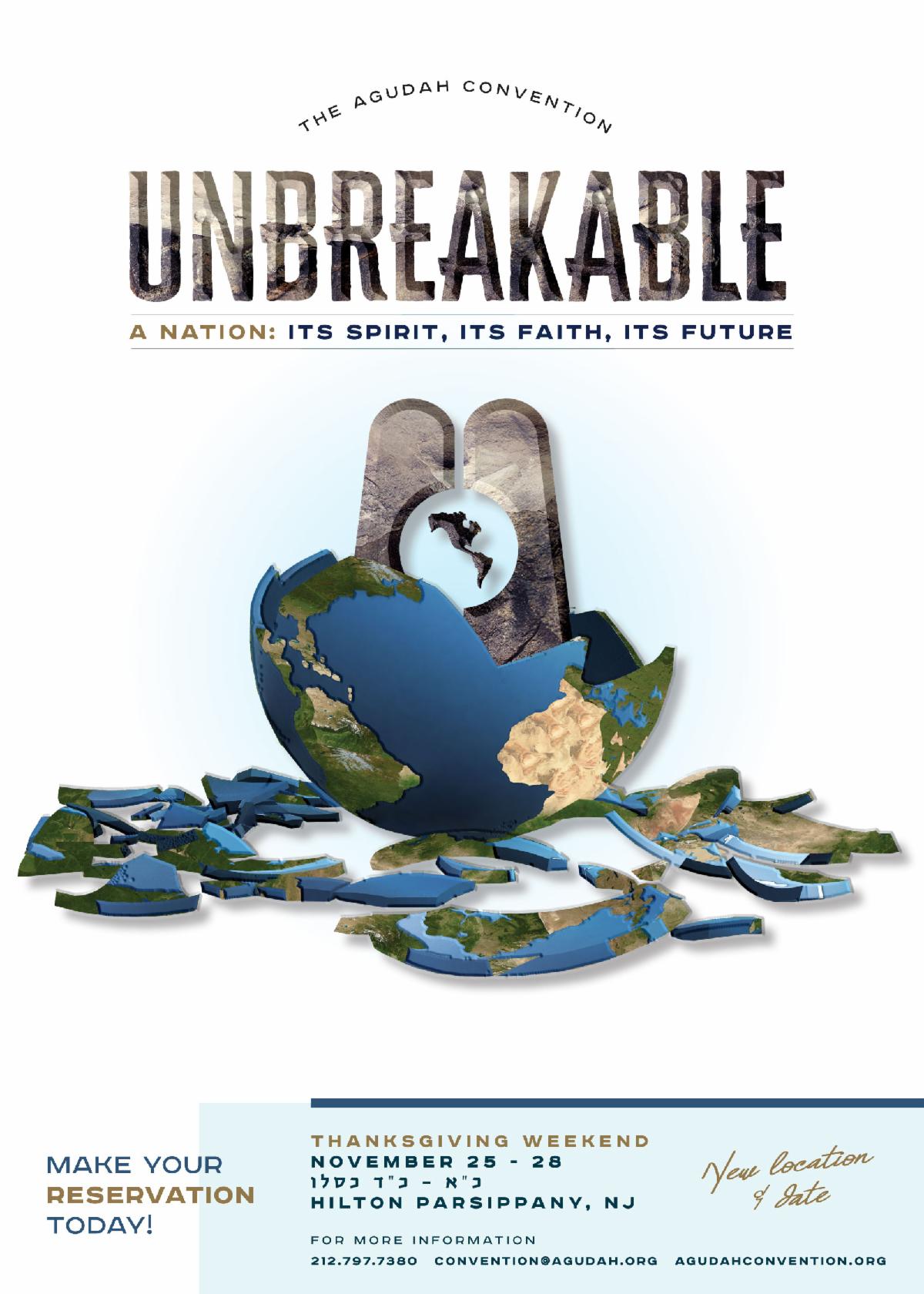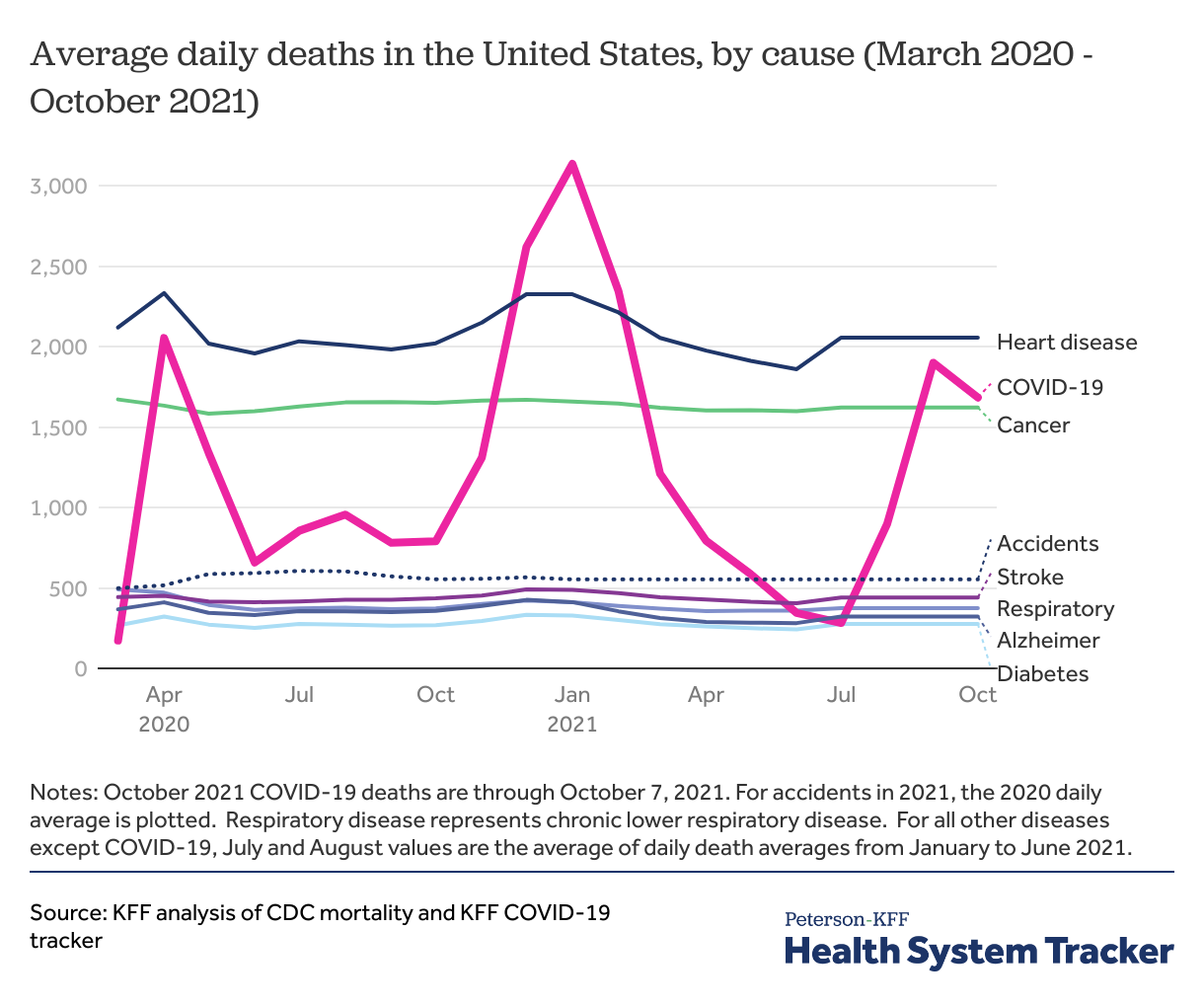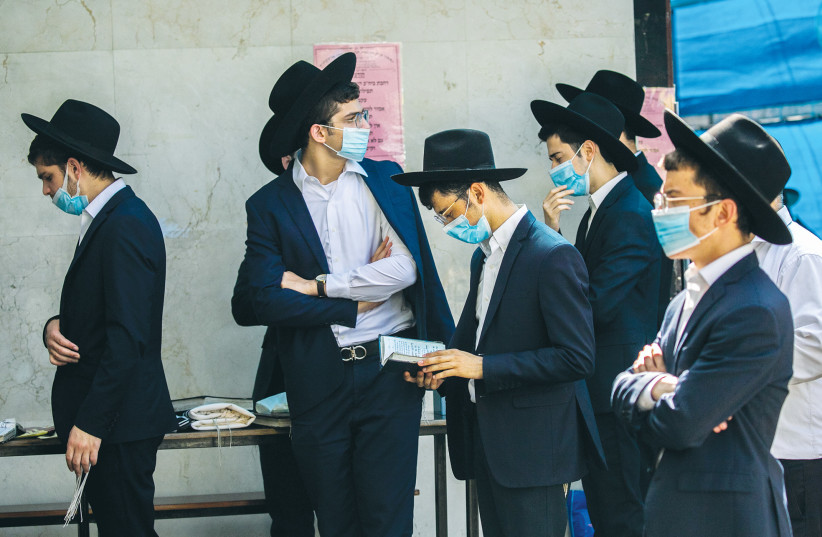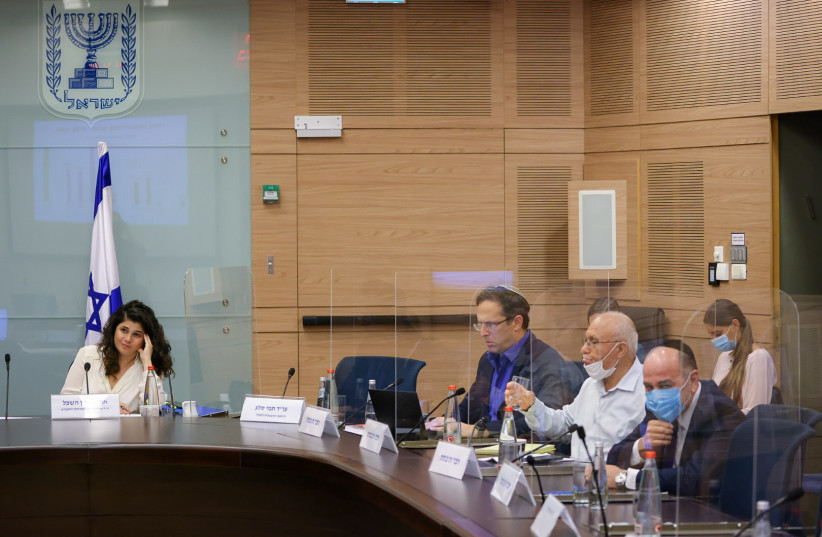Yes, You’ll Want to Vaccinate Your Kids Against Covid. An Expert Explains Why.

Vaccines to protect young children from Covid-19 are likely soon on their way. An advisory panel for the Food and Drug Administration voted overwhelmingly on Tuesday to recommend that the agency authorize the use of the Pfizer-BioNTech Covid-19 vaccine for those ages 5 to 11.
Why do we need to vaccinate young children against Covid-19? It’s an understandable question. While many parents have anxiously awaited the opportunity to get their children vaccinated, others are hesitant. There are questions about side effects, as with any drug, especially considering the lower risk of severe disease for children with Covid-19 compared with that of adults.
But just because Covid-19 is sickening and killing fewer children than adults does not mean that children are or have been free from risk.
In the United States, more than six million children have been infected with SARS-CoV-2, the virus that causes Covid-19, and more than 23,500 were hospitalized from it. Over 600 children ages 18 and under have died from the disease, according to the Centers for Disease Control and Prevention.
That’s in large part because the coronavirus has spread so widely in the United States. Vaccine uptake among American adults has been lower than desired; combined with the highly contagious Delta variant and a decrease in mitigation measures like mask wearing in many parts of the country, it has taken a toll.
-
Should pregnant women get the vaccine?
Gil Mor, a reproductive immunologist, explains why old science has led to conflicting advice. -
As more vaccine mandates arrive, how will we handle verification?
Tom Frieden, a former director of the C.D.C., describes how a safe and secure system could work. -
Are vaccine mandates a problem for civil liberties?
Two writers from the A.C.L.U. argue that actually, it’s quite the opposite. -
How many people have died because of undervaccination?
Comparing different areas of the U.S. suggests there have been many preventable deaths.
Some experts even suggest that the pandemic may not end without a child vaccine campaign: Vaccinating children will help slow the spread of the disease to the unvaccinated and to more at-risk adults, reducing its toll on everyone.
There is simply not an acceptable number of child deaths when such effective and safe preventive treatments are available. So, for the same reason pediatricians recommend seatbelts and car seats, we are recommending vaccines for Covid-19.
Parents should feel assured that when the vaccines are authorized for children, it means they are considered extremely effective and side effects are rare. The question I am most often asked is about the risk of myocarditis after the vaccine. Myocarditis is an inflammation of the muscle of the heart which can occur from many different causes and can range in severity. It occurs very rarely after getting an mRNA Covid-19 vaccine (like the ones made by Moderna and Pfizer) and is more common after the second shot and in young men.
When I chose to vaccinate my teenage son, there were two things that were important to my decision-making. First, the risk of developing myocarditis after a Covid-19 infection is much higher than the risk of developing myocarditis after the vaccine. Second, almost all the cases of myocarditis after the vaccine are mild, and people generally get better quickly. Vaccinating my children was an easy choice knowing that the risk of Covid-19 to children is far greater than the risk of the vaccines.
The expanded availability of vaccines should bring peace of mind to many families of elementary-school-age students that their children are safer in classrooms and activities outside of school, and that they are doing their part to expedite a full return to routines and activities.
Studies show that layers of protection — including improving ventilation and wearing masks — have effectively stopped or slowed the Covid-19 virus from spreading in camps and schools that consistently enforced these measures. While these continue to be important precautions to help keep young children safe, vaccination is the most effective layer there is, and the sooner it can be safely available to all children, the better.
The pandemic has also deepened an existing mental health crisis among young people. Over 140,000 American children have lost a caregiver to Covid-19. Pediatricians across the United States have seen a rise in young patients with eating disorders, depression and suicidal thoughts. That’s why the American Academy of Pediatrics and other children’s groups recently declared a national state of emergency for children’s mental health. Educational gaps are also widening, with reports suggesting American students are behind in math and reading. These consequences are all magnified for low-income families and families of color.
While no response to Covid-19 has been perfect, other countries tried to prioritize schools in ways the United States largely did not, and put in place precautions that would allow children to be safer, like masks and testing.
More than 18 months later, the United States still lags in adult immunization rates and access to rapid at-home tests compared with many other countries — both of which can support a safer return to school and activities. But the Covid-19 vaccine offers a tangible opportunity for children to return to a more normal daily life.
Parents and other family members can also protect their children by getting vaccinated themselves. If you haven’t gotten a vaccine yet, please do so as soon as you can.
The impact of the pandemic on this generation, I fear, will be deep and long lasting unless policymakers act now and invest in children and families. Even though a Covid-19 vaccine is coming for young children, there’s still work to do. Some children will need more intensive help to overcome the challenges they encountered during the pandemic. Communities and schools that have been historically underresourced will need even greater investment.
Children are resilient, but they need stability, hope and confidence in the adults who care for them. While the brutal toll of the pandemic will reverberate for years to come, let’s make the choice to finally put children first.
https://www.nytimes.com/2021/10/26/opinion/covid-vaccine-kids.html




